Table of content
Farm-fresh eggs, prized for their rich flavor, vibrant yolks, and superior nutritional profiles, have become a staple in kitchens worldwide. Yet, despite their simplicity, achieving the perfect boiled egg—whether soft, medium, or hard—requires precision, patience, and an understanding of the variables at play. One of the most common questions home cooks and culinary enthusiasts ask is: How long should I boil farm-fresh eggs to reach my desired level of doneness? This article delves into the science, techniques, and nuances of boiling eggs to perfection, ensuring every bite delivers a harmonious balance of texture and taste.
The Science Behind Boiling Eggs
Before diving into timings and techniques, it’s essential to grasp the science of egg composition. Eggs are primarily composed of water, proteins, and fats, with the egg white (albumen) and yolk behaving differently when exposed to heat. The proteins in the white begin to coagulate at around 140°F (60°C), while the yolk’s proteins start to thicken at 158°F (70°C). Overcooking causes these proteins to squeeze out moisture, resulting in a rubbery texture and the dreaded greenish-gray ring around the yolk—a telltale sign of excess heat.
Farm-fresh eggs, often laid by backyard chickens or sourced from local farms, differ from store-bought varieties in key ways. Their shells are thicker, and the whites are firmer due to lower pH levels, which can affect cooking times. Additionally, the freshness of the egg influences how easily the shell peels away after boiling. Very fresh eggs are notoriously difficult to peel, as the inner membrane clings tightly to the shell and white.
Factors Influencing Boiling Time
Several variables determine the optimal boiling time for farm-fresh eggs:
- Egg Size: Larger eggs (e.g., jumbo or extra-large) require more time to cook through than medium or small ones.
- Altitude: At higher elevations, water boils at lower temperatures, necessitating longer cooking times.
- Starting Temperature: Eggs taken directly from the refrigerator versus those at room temperature will cook differently.
- Desired Doneness: Soft-boiled eggs with runny yolks require less time than hard-boiled eggs with fully set yolks.
Step-by-Step Guide to Boiling Farm-Fresh Eggs
Preparing the Eggs
- Room Temperature: For consistent cooking, allow eggs to sit at room temperature for 15–30 minutes before boiling. This minimizes thermal shock and reduces the risk of cracking.
- Pricking (Optional): Some chefs prick the larger end of the egg with a pin to release air and prevent cracking. However, this step is optional and may increase the risk of bacterial contamination if not done hygienically.
Selecting the Right Pot
Use a pot large enough to hold the eggs in a single layer, covered by at least 1–2 inches of water. Overcrowding can lead to uneven cooking.
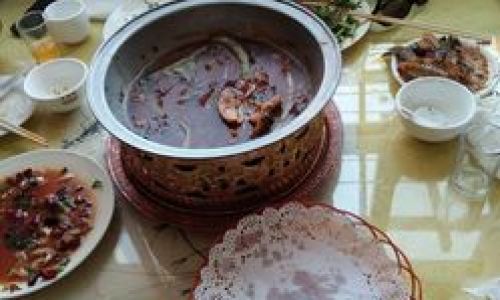
Adding Salt or Vinegar (Optional)
- Salt: A tablespoon of salt per quart of water raises the boiling point slightly and may help season the egg.
- Vinegar: Adding a splash of vinegar (1–2 tablespoons) can aid in peeling by slightly acidifying the water, though this is more effective for older eggs.
Bringing Water to a Boil
- Cold Start vs. Boiling Start:
- Cold Start: Place eggs in cold water, then bring to a boil. This method is gentler and reduces cracking but requires careful timing.
- Boiling Start: Lower eggs into boiling water using a slotted spoon. This method is faster but riskier for novice cooks.
Timing the Boil
The timing begins once the water reaches a rolling boil. Adjust heat to maintain a gentle simmer (medium-low to medium heat) to prevent agitation that could crack eggs.
-
Soft-Boiled Eggs (Runny Yolk, Firm White):
- Small/Medium Eggs: 4–5 minutes
- Large/Jumbo Eggs: 5–6 minutes
- Ideal For: Dipping toast soldiers, ramen toppings, or breakfast bowls.
-
Medium-Boiled Eggs (Slightly Runny Yolk, Fully Set White):
- Small/Medium Eggs: 6–7 minutes
- Large/Jumbo Eggs: 7–8 minutes
- Ideal For: Salads, sandwiches, or a compromise between soft and hard textures.
-
Hard-Boiled Eggs (Fully Set Yolk and White):
- Small/Medium Eggs: 9–10 minutes
- Large/Jumbo Eggs: 11–12 minutes
- Ideal For: Deviled eggs, egg salad, or meal prep.
The Ice Bath
Immediately transfer boiled eggs to an ice water bath for 5–10 minutes. This stops the cooking process, prevents overcooking, and makes peeling easier by shocking the egg and shrinking the contents slightly away from the shell.
Peeling Farm-Fresh Eggs: Tips and Tricks
Peeling farm-fresh eggs can be frustrating due to their stubborn shells. Here’s how to streamline the process:
- Aging: If possible, use eggs that are 7–10 days old. As eggs age, their pH increases, weakening the membrane’s adherence to the shell.
- Cracking Technique: Gently tap the egg all over on a hard surface to create a network of cracks. Roll it between your palms to loosen the shell.
- Peeling Under Water: Peel eggs under cool running water or submerged in a bowl of water. The water seeps between the shell and membrane, reducing friction.
- Spooning: For particularly stubborn shells, use a spoon to gently pry the membrane away from the egg white.
Troubleshooting Common Issues
- Green Yolk Ring: Caused by overcooking or high heat. Reduce cooking time and use a gentle simmer.
- Cracked Shells: Avoid rapid temperature changes. Use room-temperature eggs and lower them gently into the pot.
- Undercooked Yolk: Increase cooking time by 1–2 minutes and ensure the water remains at a simmer.
- Difficult Peeling: Use older eggs, add baking soda to the water (1 teaspoon per quart), or steam eggs instead of boiling them.
Advanced Techniques: Steaming and Sous Vide
For ultimate control, consider alternative cooking methods:
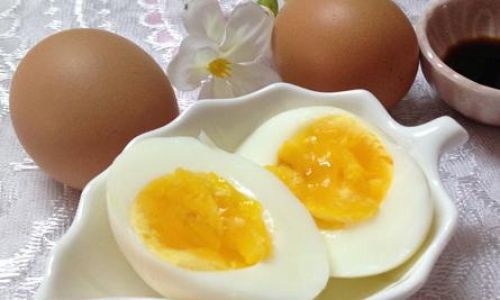
-
Steaming:
- Place eggs in a steamer basket over boiling water.
- Steam for 6–12 minutes (adjusting for size and doneness).
- Steaming cooks eggs more gently and evenly, reducing the risk of cracking.
-
Sous Vide:
- Preheat a water bath to your desired temperature (e.g., 140°F/60°C for soft-boiled).
- Seal eggs in a vacuum bag and cook for 45–60 minutes.
- This method offers unparalleled precision but requires specialized equipment.
Storage and Safety
- Refrigeration: Store unpeeled hard-boiled eggs in the refrigerator for up to one week. Peeled eggs should be eaten within two days.
- Freezing: Freezing is not recommended, as egg whites become rubbery when thawed.
- Food Safety: Always use a food thermometer to ensure the internal temperature reaches 160°F (71°C) for hard-boiled eggs. Avoid consuming raw or undercooked eggs if pregnant, elderly, or immunocompromised.
Cultural Perspectives on Egg Doneness
The ideal boiled egg varies by culture and personal preference:
- Japan: Soft-boiled eggs (onsen tamago) are cooked gently in hot springs at 140°F (60°C) for 45 minutes, resulting in a custard-like texture.
- Britain: A classic “dippy egg” with soldiers (soft-boiled eggs served with toast strips) is a breakfast staple.
- France: Œuf mollet (medium-boiled) eggs are often served in salads or on toasted brioche.
Conclusion: The Pursuit of Perfection
Boiling farm-fresh eggs to perfection is both an art and a science. By understanding the interplay of egg size, freshness, altitude, and desired doneness, you can master this culinary fundamental. Whether you prefer a luxuriously runny yolk or a firm, creamy center, the key lies in precision, patience, and a willingness to experiment. So, the next time you cradle a farm-fresh egg in your hand, remember that within its unassuming shell lies the potential for culinary greatness—all it takes is the right balance of heat and time.
Final Tip: Keep a kitchen timer handy and document your results. Over time, you’ll develop an intuitive sense of timing, transforming a simple boiled egg into a daily ritual of perfection.
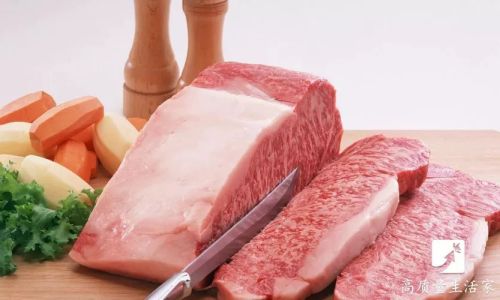
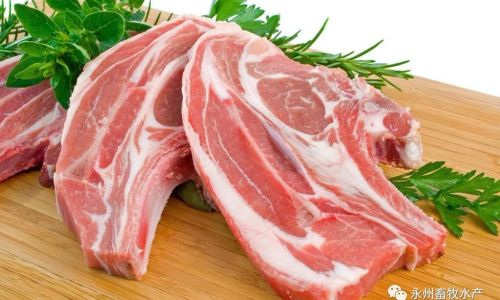
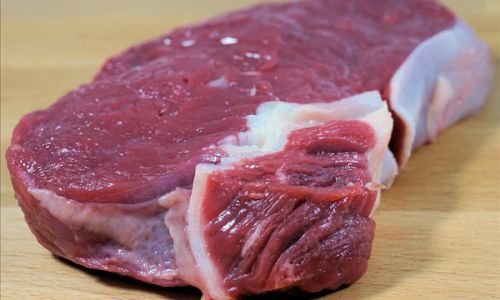
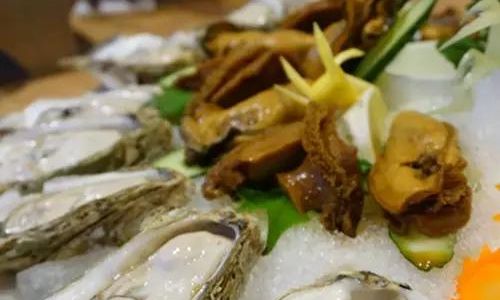
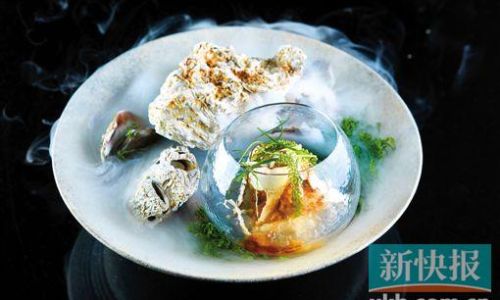
0 comments